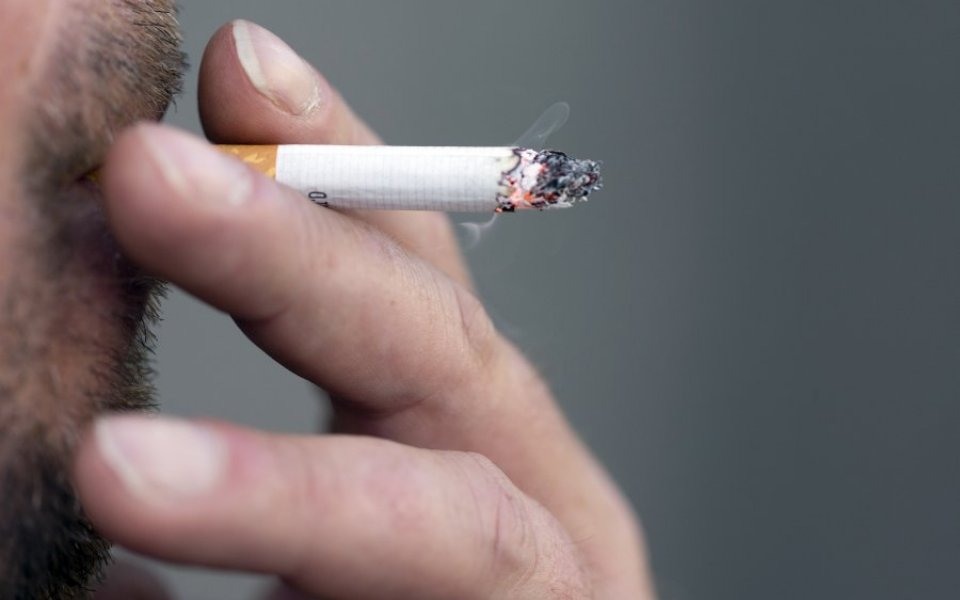Whether we get cancer is mostly down to lifestyle factors, not bad luck

It's an ongoing question – how much is cancer caused by genetic factors outside our control, and how much is it the result of the environment we put ourselves in?
Now, researchers at the Stony Brook Cancer Centre in New York think they've worked out how much of a role each influencer plays, and their findings lean heavily in favour of environmental factors.
By analysing when human cells mutated to become cancerous under a range of different circumstances, they found in 70-90 per cent of cases it was caused by extrinsic factors – the person's lifestyle – while the remaining 10 to 30 per cent were down to “bad luck”. The results are published in the journal Nature.
Factors falling into the extrinsic category include smoking, exposure to toxic chemicals and sunbathing without skin protection.
Cancer is a disease characterised by the uncontrolled replication of the body's cells, and is caused by genetic mutations that arise, usually when cells are dividing and replicating.
The results contradict a separate study carried out earlier this year, in which researchers said the majority of cancer cases were due to cellular processes – or “chance”, and that whether we develop the disease is hardly affected by our lifestyles.